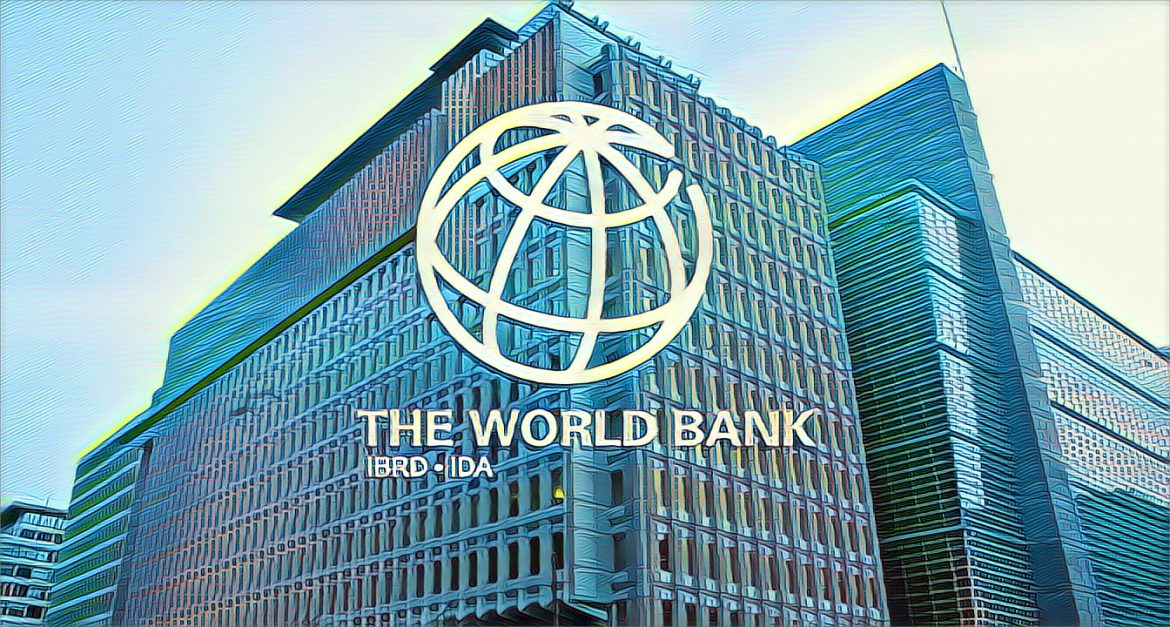Accra, Ghana – In a concerning development, Ghana has fallen from a C to a D grade in the World Bank’s ranking of audit institutions. This decline signals significant issues in the effectiveness and transparency of the country’s public financial management systems.
The World Bank’s annual ranking assesses the performance of national audit institutions based on various criteria, including their independence, quality of audit reports, and the timeliness and follow-up of audit recommendations. Ghana’s drop in the ranking reflects growing concerns about the state of its audit institutions and their ability to oversee the proper use of public funds.
In its latest report, the World Bank highlighted several key areas where Ghana’s audit institutions have faltered. These include delays in publishing audit reports, inadequate follow-up on audit recommendations, and insufficient independence from political influence. The report suggests that these weaknesses have undermined the institutions’ ability to hold public officials accountable and ensure financial transparency.
“This downgrade is a wake-up call for Ghana. Effective audit institutions are crucial for good governance and the proper management of public resources,” said a spokesperson for the World Bank. “We urge the Ghanaian government to take immediate steps to strengthen these institutions and restore their credibility.”
The downgrade has sparked a strong response from civil society groups and opposition parties in Ghana, who have long criticized the government for its handling of public finances. “This is a clear indication that the current administration is failing to manage public funds properly,” stated a member of the opposition. “We need urgent reforms to ensure that our audit institutions can operate independently and effectively.”
The Ghanaian government, however, has acknowledged the issues raised in the World Bank report and has pledged to address them. Finance Minister Ken Ofori-Atta assured the public that the government is committed to improving the performance of audit institutions. “We take this feedback seriously and are already working on measures to enhance the efficiency and independence of our audit bodies,” he stated.
Among the steps being considered are legislative reforms to strengthen the independence of the Audit Service and increased funding to ensure timely and comprehensive audits. Additionally, the government plans to enhance the training and capacity of auditors to improve the quality of audit reports.
Experts argue that for these measures to be effective, there must be a genuine commitment to reducing political interference in audit institutions. “Without true independence, these institutions will continue to struggle with credibility issues,” said Dr. Kwame Asiedu, a governance expert. “The government must demonstrate its commitment by allowing audit bodies to operate without undue influence.”
The implications of the downgrade extend beyond Ghana’s borders. As a key player in West Africa, Ghana’s ability to manage its public finances effectively impacts its regional standing and its attractiveness to international investors. “Strong audit institutions are a cornerstone of investor confidence. This downgrade could have broader economic implications if not addressed promptly,” warned an economist.
The World Bank’s ranking also serves as a tool for international donors and development partners to assess the reliability of financial management in recipient countries. Ghana’s lower ranking could influence the decisions of these stakeholders, potentially affecting aid and investment flows.
As Ghana faces this critical juncture, there is a collective call for robust actions to restore the integrity and effectiveness of its audit institutions. Civil society organizations, international partners, and the Ghanaian public are closely watching the government’s next steps. The hope is that this setback will catalyze significant reforms, ultimately leading to stronger governance and improved public financial management.
In the midst of these challenges, there is optimism that Ghana can turn this situation around. “We have a resilient system and dedicated professionals within our audit institutions,” said a senior official in the Audit Service. “With the right reforms and support, we can rebuild trust and enhance our performance.”
Source: ghanaweb.com





1 comment
**mitolyn reviews**
Mitolyn is a carefully developed, plant-based formula created to help support metabolic efficiency and encourage healthy, lasting weight management.